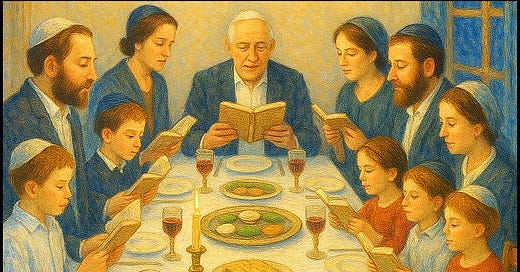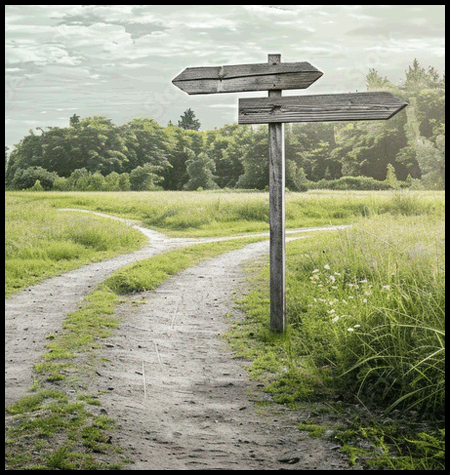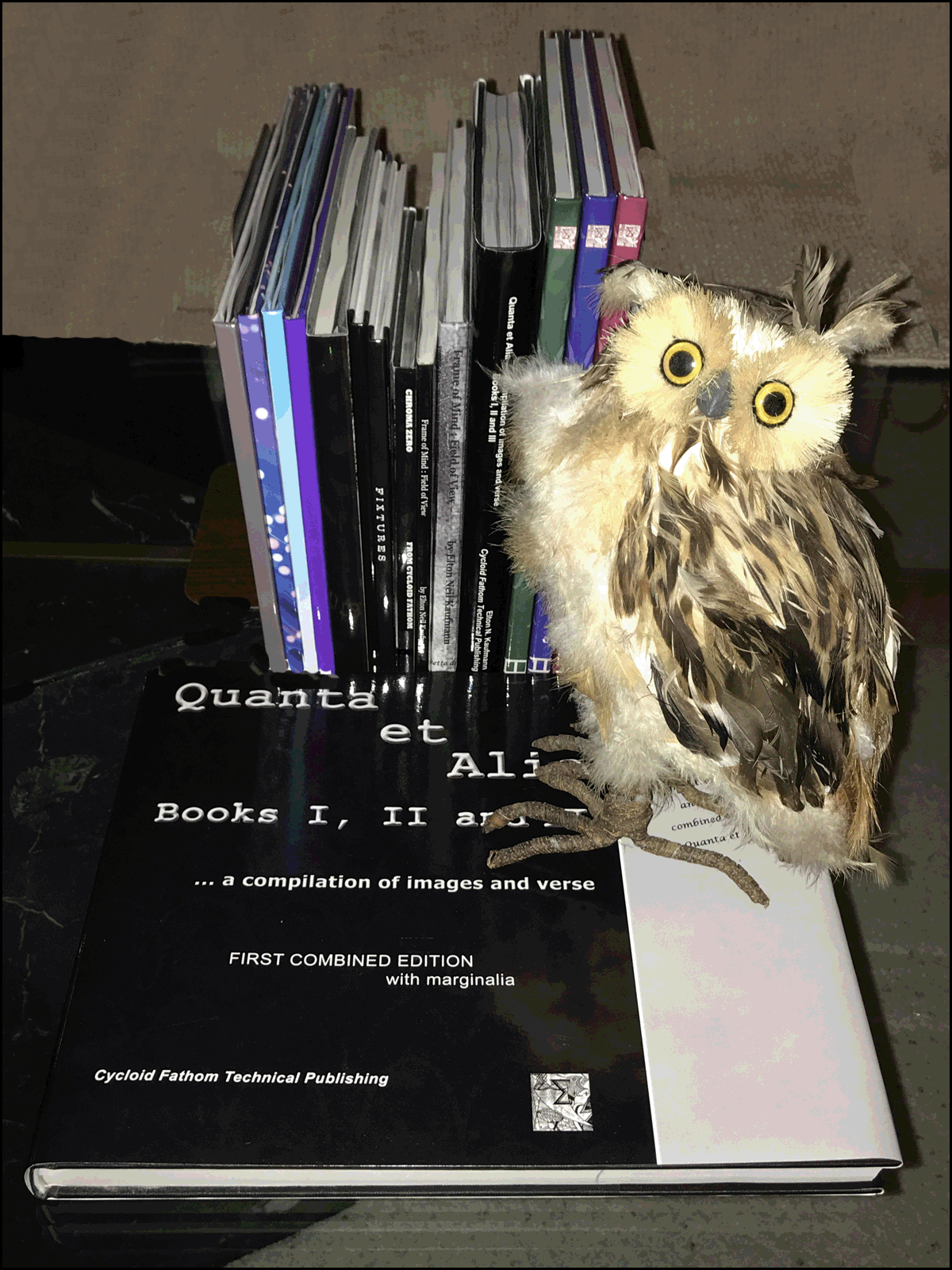Apologies! This post was supposed to be sent on 2 June, but Gremlins interferred. If you have already seen it, sorry for the duplication.
This is personal
Missing introductions: Poetry and my parents were strangers. I do not recall my parents ever reading a poem, either to me or for themselves. No aunts, uncles, cousins, or my only living grandparent, Rosa, ever uttered a poetic phrase in my presence. Oh wait! I do recall my uncle Joe, when presiding over the Passover Seder, reading from a book and repeating “Why on this day…” followed by naming and pointing to a food in front of us. The repetition, to my young ears, did have a musical rhythm as I squirmed in my chair waiting to be allowed to eat “real food.” Maybe that was poetry of sorts, lamenting the hardships in the story of the exodus from Egypt. But I am not sure ritualistic incantations qualify as poems per se. The blessings over the various foods like bread and wine (the fruit of the vine) were spoken in Hebrew and all began with the words “Baruch atah…” (Blessed are you…) naming God and then the particular food. With my empty stomach prodding me on, I would lean over and whisper to the cousin sitting closest to me, “When will these “bruchas” be over?” My irreverent phonetic contraction and general impatience was reprimanded more than once. Needless to say, although the eventual repast was a favorite of mine and still a fond memory, the premeal mishigas (Yiddish for craziness) soured me even more on lyrical language.
I am not alone: In the King James Version of the Bible, Jesus says, “But when ye pray, use not vain repetitions, as the heathen do: for they think that they shall be heard for their much speaking” (Matthew 6:7).[1] So, my mild aversion to pointless repetitions, especially when lyrical, feels slightly vindicated. But to be fair, I am not against repeating the sincere phrases of faith. In Christianity, for example, prayers often include "In nomine Patris, et Filii, et Spiritus Sancti" ("In the name of the Father, and of the Son, and of the Holy Spirit").[2] In Islam, one often hears “Allahu Akbar” (God is most great).[3] Those seem fine. I just don’t want my ritual-attached meal service to be unreasonably delayed.
Me, ignorant philistine: You can see why I would like unfairly to blame the absence of poetry in the family of my youth for the trouble I have now appreciating, fathoming, verse. Even what I thought was verse, i.e., lines that rhyme set out in definable stanzas with recognizable meter seems not to be a poem’s raison d'être today.
Grasping for gist: I have been attacking poems that come my way* by reading them once and then again, hunting for some deep message buried in the convoluted, always alliterative lines and phrasing. When I read a review, always laudatory, of a poem I have read, I find I missed the entire intent, interpretation, and meaning of the words on the page. I have only guessed right about it being self-referential, whether seeming to be about a meadow in Spring, death, coming out as Gay, or finding a footing in the Black or Brown or Indigenous communities. Nothing at all like what I was forced to digest in my secondary school English classes that drudged through the “classics” of poets like Shelley, Keats, Frost, Dickinson, and Browning. I recall no explicit allusions in those poems to alternative lifestyles, and that was before the “don’t say gay” laws now promulgated in some far-right constituencies.
No easy elocution: More than enough years have passed for me to have accumulated many memories of ups and downs, periods of satisfaction and discontent, and encounters with the best and the less of fellow travelers through life. Is it time now to relax and wait “to go gentle into that good night” or still to resist as Dylan Thomas demands [4] and chronicle some of those recollections?
To fill the page with words that do justice to memories, self-referential of needs, with the color and contemplation they deserve, is the test and the task. Pure prose would be hard enough, but to cast them with sincerity into the contorted verbiage and geometry of modern verse feels well-nigh impossible. Had I absorbed the idiom at my father’s knee in the 1950s, distinguishing true from trite in the 2020’s would be a breeze instead of a bear.
Next, brace for a bumpy segue. To move from reflecting on the past and how to somehow describe those experiences to the more general notion of making choices seems a logical transition to me, but still, a bit of a left turn.
Choices
Once upon a time I did and still do think about how we make or fail to make our choices -- deciding to go this way or that. Reminiscences are fraught with choices. “Alternatives” bubbled up one day when I was wrestling with the flashbacks. It’s a quatrain of frustration for which I, not my unpoetic ancestry, deserve the blame. That was in 2007 when life still presented many chances to choose.
My fleeting frustration was not justified, for fortune smiled on my choices, both those that led to some successes and those that encountered dead ends that nevertheless failed to extinguish my energy and enthusiasm.
Backward is boring
OK, memoirs can certainly be inspiring and educational, especially when the singular main character is a role model. Honest and non-self-aggrandizing is best. If errors and wrong turns are glossed over, rationalized, or blamed on the foibles of others, then not so valuable. A history textbook that has not been banned for telling the full uncomplimentary story of an era and its people is always a good source. What can rescue the history tome and the memoir from excruciating pedantic boredom is their effect on the future. Does the insight they provide give us a better path to travel?
The frequent shallow philosophical reminder is that the past exists only in our documents and memories and cannot be changed despite the revisionist histories people try to inflict on us. The future also does not exist (yet), but it can be changed, and that is the exciting and scary thing about choice.
This is where I am obliged to acknowledge that high-school English class for putting in front of me Robert Frost’s poem, "The Road Not Taken."[5] Contemplating “choice” is nothing new.
Forward is fascinating
That brings us back to alternatives. We’ve Ruminated about Cause and Effect before (see our post of 26 September 2023). When you’ve had a spicy lunch in the nonexistent past, you soon experience predictable heartburn in the uncomfortable existent present. For the nonexistent fascinating future, an antacid tablet would be a good place to start. The grand analogy should be obvious. For a soldier returning from war, the battle is the spicy lunch, and PTSD is the heartburn. In the same way, we connect slavery in the US about two centuries ago to prejudice against communities today.
At every step between cause and effect there are choices, often very many, that determine the future. Maybe we can blame the current configuration of the universe and of other grand landscapes on “butterfly effect” chaos, [6] but on our personal scale, we have more control. Random Ruminations, posts like this one, are the result of my many past choices and the reminiscences they provoke. I myself am surprised weekly by the bizarre collection of stray topics that land here as if they are not fully under my control. Suffice it to say that they are the antacid that many years of unspoken grievances, delights, and puzzles, all spicy, have demanded.
I suggest that each of our lives is fascinating in this context. We have arrived at The Undiscovered Country of Star Trek VI after a good helping of fear and optimism.[7]
What’s next?
Maybe a dodgy doggerel is coming next. It is June 2025, a time by which vernal blooms that decorate our environs and are liable to inspire imagination and risk taking have reached their peak. Those traits that we all share allow us to turn our collective gaze forward, informed by the past, but making new memories on each day we inhabit our little slice of life.
* As a member of the Academy of American Poets (poets.org), I receive publications of poems periodically.
Credit: “Seder” and “Poem Stress” images from openAI.com’s DALL-E image generator.
“Fork in the Road” cropped from Adobe Stack image #888973165.
[1] https://www.catholic.com/audio/ddp/repetitious-prayer.
[2] https://en.wikipedia.org/wiki/Trinitarian_formula
[3] https://en.wikipedia.org/wiki/Takbir
[4] Dylan Thomas (1914 –1953), Do not go gentle into that good night. (It has stanzas and rhyme!) https://poets.org/poem/do-not-go-gentle-good-night.
[5] https://www.scribd.com/document/655308077/roadNotTaken.
[6] https://www.britannica.com/science/butterfly-effect
[7] https://en.wikipedia.org/wiki/Star_Trek_VI:_The_Undiscovered_Country
Nota Bene: Others may ruminate differently. But be warned: In my case, seeing or hearing something quite trivial -- a saying, a store clerk’s mannerisms, or bad grammar on a food product’s label – triggers a stream-of-consciousness extrapolation toward grander notions and generalizations. That is what often happens in these posts. ADDENDUM: Those subscribers who have been here for a while will have noticed that at times Ruminations have veered into diatribes. I make no apology. I just want my readers to know that it’s quite intentional. When events come close to making the ‘blood boil,’ that discontent bubbles up here.
Disclaimer: Any and all opinions expressed here are my own at the time of writing with no expectation that they will hold beyond my next review of this article. Opinions are like a river, winding hither and yon, encountering obstacles and rapids, and suffering turbulent mixing of silts from its depths and detritus from its banks. But just as a river has its clear headwaters and a fertile delta, so do opinions, notwithstanding any intervening missteps and uncertainties.
Reminder: You can visit the Cycloid Fathom Technical Publishing website at cycloid-fathom.com and the gallery at cycloid-fathom.com/gallery.
Forthcoming posts (unless life intervenes)
How well the well (is doing)
…Learn less, know less
9 June 2025
Up and Comers
…A New Hope or The Last Hope
16 June 2025
The Interview
…A trip through dreamland
23 June 2025









